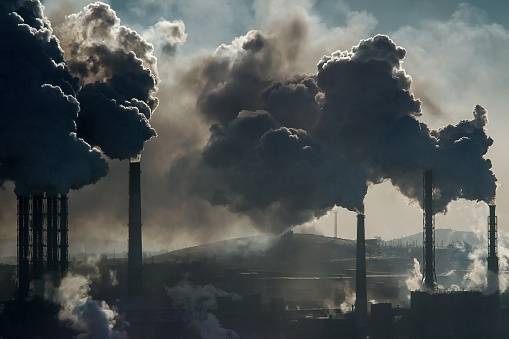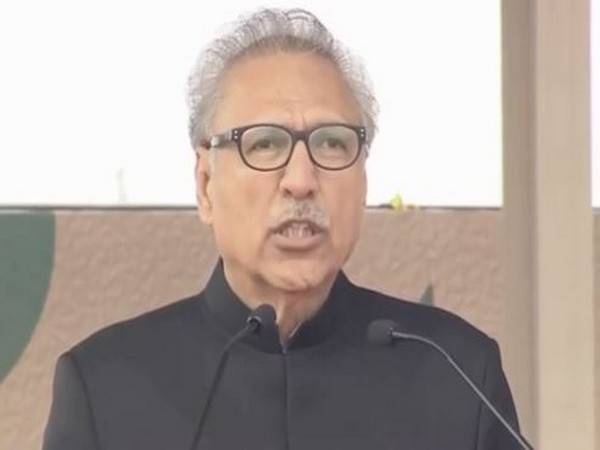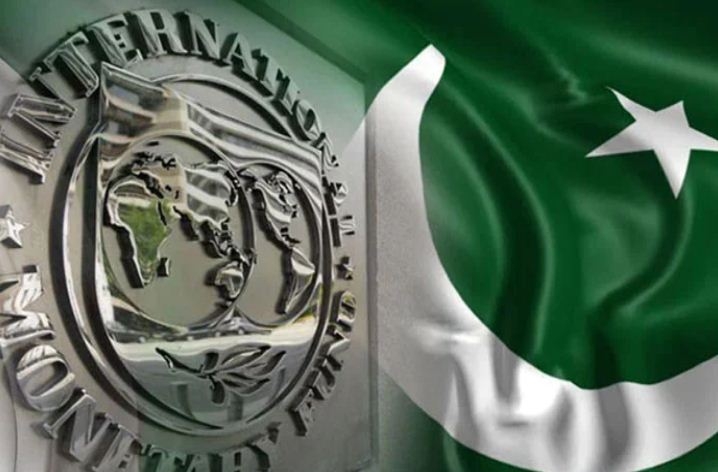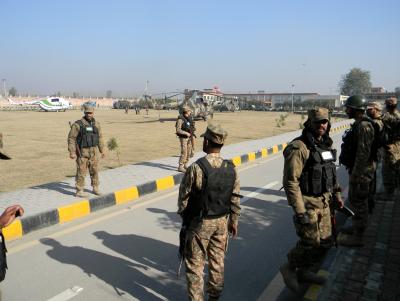To counter the negative fallouts of climate change, Alvi said that the entire nation and relevant organisations must work with the help of the international community…reports Asian Lite News
Pakistani President Arif Alvi has said that the adverse impacts of climate change are not limited at national borders and will affect the whole world, urging the international community to work together for the common interest.
“The world has become a small place and any negative development like natural or man-made disasters taking place in one part of the world would affect countries all around the globe,” the President added on Tuesday while addressing a conference in state capital Islamabad.
Pakistan contributes less than 1 per cent to global warming, but it is among the top 10 most affected countries by climate change and global warming, he said, adding that Pakistan would become one of the most vulnerable countries to bear the brunt of climate change by 2050, Xinhua news agency reported.
To counter the negative fallouts of climate change, Alvi said that the entire nation and relevant organisations must work with the help of the international community to minimise the negative impacts, highlighting that the incumbent government has been taking special measures in this regard.
He added that the recent climate-induced floods in Pakistan had affected more than 33 million people, adding that concerted efforts by all the local and international stakeholders are needed to employ all available resources for rehabilitating the floods-affected population.

Emissions hit new high
Despite an increase in energy efficiency investment and lower energy intensity, the building and construction sector’s energy consumption and CO2 emissions have rebounded from the Covid-19 pandemic to an all-time high, a new report finds.
Released at the latest round of the UN COP27 climate summit in Egypt, the 2022 Global Status Report for Buildings and Construction finds that the sector accounted for over 34 per cent of energy demand and around 37 per cent of energy and process-related CO2 emissions in 2021.
The sector’s operational energy-related CO2 emissions reached 10 gigatonnes of CO2 equivalent — 5 per cent over 2020 levels and 2 per cent over the pre-pandemic peak in 2019.
In 2021, operational energy demand for heating, cooling, lighting and equipment in buildings increased by around four per cent from 2020 and three per cent from 2019.
This, according to the report from the Global Alliance for Buildings and Construction (GlobalABC), means the gap between the climate performance of the sector and the 2050 decarbonization pathway is widening.
“Years of warnings about the impacts of climate change have become a reality,a said Inger Andersen, Executive Director of the UN Environment Programme (UNEP). “If we do not rapidly cut emissions in line with the Paris Agreement, we will be in deeper trouble.”
“The buildings sector represents 40 per cent of Europe’s energy demand, 80 per cent of it from fossil fuels. This makes the sector an area for immediate action, investment, and policies to promote short and long-term energy security.”
Decarbonizing the buildings sector by 2050 is critical to delivering these cuts. To reduce overall emissions, the sector must improve building energy performance, decrease building materials’ carbon footprint, multiply policy commitments alongside action and increase investment in energy efficiency.














